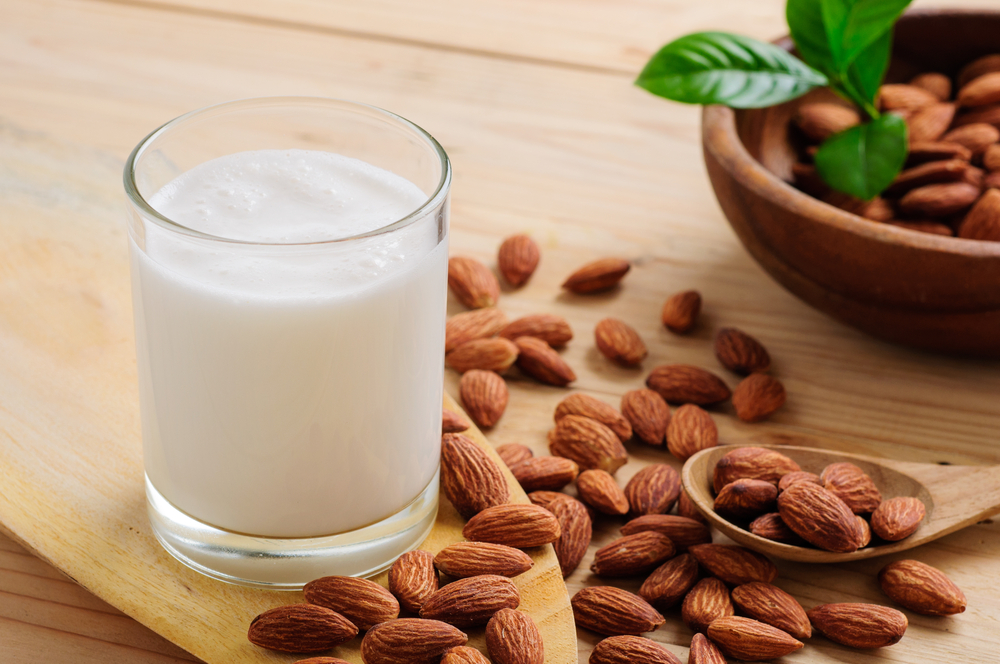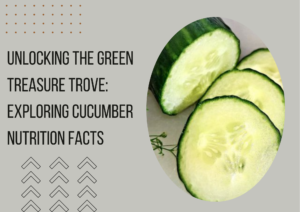Introduction to Almond Milk Nutrition
In recent years, almond milk has become increasingly popular, becoming a home staple and the go-to option for people looking for dairy-free options. Made from water and ground almonds, this creamy drink has a distinctive flavor and nutrient combination that suits a variety of dietary needs. We examine the nutritional makeup of almond milk, discuss its advantages and disadvantages, answer common questions, and offer helpful advice on how to use it in your diet in this extensive guide.
The Nutritiousness of Almond Milk
Rich in macronutrients and vital micronutrients, almond milk has a well-balanced nutritional profile. When it comes to macronutrients, almond milk has fewer calories than cow’s milk, which makes it a desirable choice for people who are trying to watch their caloric intake. It is crucial to remember that almond milk might not be as high in protein as cow’s milk, so you might need to add extra protein to your diet to satisfy your needs each day.

Almond milk has a high concentration of heart-healthy lipids, especially monounsaturated fats, even though it has a lower protein percentage. Almond milk is also a good choice for people on low-carb or ketogenic diets because it naturally contains little carbs.
Almond milk is frequently fortified with vital vitamins and minerals to improve its nutritional value in terms of micronutrients. Almonds naturally contain large amounts of vitamin E, a potent antioxidant that is frequently found in almond milk. In addition, a lot of manufacturers add calcium and vitamin D to their almond milk to help strengthen bones and guard against shortages.
Advantages of Almond Milk for Health
Almond milk is a great complement to a balanced diet because it is linked to several health advantages. Almond milk’s low calorie content is one of its main benefits, which makes it a great option for people trying to maintain or reduce weight. Almond milk provides a lower-fat substitute for cow’s milk, which can be excessive in cholesterol and saturated fat, without compromising on flavor or texture.
Almond milk is also a dairy-free substitute, so those who are allergic to dairy products or have lactose intolerance can use it. This makes almond milk a flexible choice for people who want to enjoy creamy drinks and recipes without consuming dairy products.
Furthermore, because almond milk is cholesterol-free and high in monounsaturated fats, it may provide unique benefits for heart health. Studies indicate that eating a diet high in monounsaturated fats may help lower the risk of heart disease and enhance cardiovascular health in general. You may get the benefits of these heart-healthy fats while drinking a tasty and nourishing beverage by including almond milk in your diet.
Furthermore, almond milk is frequently fortified with other nutrients, such as calcium and vitamin D, to offer even more health advantages. When it comes to those who want to increase their intake of nutrients, almond milk becomes even more alluring because of these fortified types, which provide an additional boost of vital vitamins and minerals.
Considering Possible Issues
Although almond milk has many nutritional advantages, there may be some issues with its use that should be taken into account. Almond milk’s lower protein level when compared to cow’s milk is one possible disadvantage. Protein is necessary for immune system function, muscle repair, and general health, so those who consume a lot of almond milk should make sure they are getting the protein they need from other foods.
Furthermore, to improve flavor and palatability, certain commercial varieties of almond milk could have additional sugars or flavorings. These additions could make almond milk more tasty, but they can also lead to overindulgence in calories and conflict with certain dietary plans, such as those that emphasize whole foods or low-sugar diets.
The possibility of allergic responses in those with nut allergies is another factor to take into account. Almond milk is naturally devoid of dairy, soy, and gluten, but because it comes from almonds, some people may experience allergic reactions. If allergies are a problem, it’s critical to carefully read ingredient labels and select almond milk products that have been certified allergen-free.
Moreover, there are differences in the nutritional value of almond milk products. Certain types may have undergone extensive processing or have additional stabilizers and preservatives added, which may reduce their overall nutritional content. Almond milk that is unsweetened, organic, and lightly processed is the healthiest option, so whenever you can, go for it.
How to Incorporate Almond Milk into the Diet
Fortunately, adding almond milk to your diet is simple due to its mild flavor profile and flexibility. The following inventive ways to savor almond milk:
Substitution in recipes:
To make your favorite smoothies, soups, sauces, and baked items dairy-free, try using almond milk instead. In most recipes, almond milk can be used in place of cow’s milk because it has a little nutty flavor and a creamy texture.
Coffee and tea creamer alternative:
For a tasty and creamy drink without the extra calories and saturated fat found in standard creamers, add almond milk to your morning coffee or tea. Almond milk can be frothed for an even more decadent taste and mixes well with hot beverages.
Breakfast cereals and oatmeal:
For a healthy and satisfying breakfast, drizzle almond milk over your preferred cereals or oatmeal. Cereal bowls taste better with almond milk’s mild sweetness and creamy texture, which also provides vital vitamins and minerals to help you get a good start to the day.
Drinking plain or flavored varieties:
Almond milk tastes great on its own, but you can also get flavored varieties, like chocolate or vanilla, for a sweet and filling treat. Cold almond milk tastes great, as does almond milk combined with ice to make a smooth smoothie or milkshake.
Conclusion
Almond milk is a tasty and healthy beverage with a wide range of culinary applications and health advantages. Almond milk has proven to be a valuable addition to contemporary diets due to its smooth and creamy consistency, delicate nutty taste, and numerous uses. By being aware of almond milk’s nutritional makeup, advantages for your health, and possible drawbacks, you can decide whether to include it in your diet or not. Almond milk will please your taste buds and feed your health whether you’re searching for a dairy-free substitute, a low-calorie beverage option, or a versatile ingredient for baking and cooking. Raise a glass to excellent health and flavorful almond milk!



